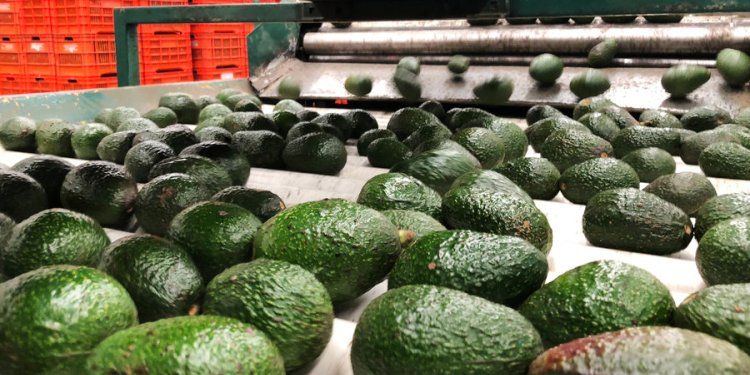The Agriculture and Food Authority (AFA) has announced the closure of the avocado export season for sea shipments, effective October 25, 2024. The directive comes after a countrywide survey revealed insufficient volumes of mature avocados, particularly from key varieties such as Hass, Pinkerton, Fuerte, and Jumbo. This decision is aimed at preserving Kenya’s avocado market reputation by curbing the export of immature crops, which has negatively impacted both production cycles and international market perceptions.
In a statement, the AFA emphasized the importance of maintaining high export standards to safeguard the long-term sustainability of the avocado industry. “The findings of the survey indicate there is currently insufficient volume of the main season crop to warrant sea shipment,” the directive noted. As a result, the export ban will be in place for the 2024/2025 fiscal year, ending in December when the next avocado harvest season commences.
While sea exports are restricted, air shipments of mature avocados will continue, provided they meet strict export clearance guidelines. Exporters must submit traceability information for all consignments, ensuring quality control. “Export clearance shall be granted subject to inspection,” the AFA confirmed.
The avocado industry in Kenya, which significantly contributes to the country’s horticultural exports, has faced challenges due to premature harvesting practices. These practices not only harm the quality of the produce but also jeopardize Kenya’s standing in the global market, where demand for premium, mature avocados remains high.
Alongside this, the AFA expressed concern over exporters who have reportedly mixed avocado and mango consignments for sea shipment to bypass regulations. The authority reminded all exporters that this is in violation of the Crops Regulations (2020), noting that “mango exporters are required to demonstrate compliance” with inspection guidelines before any export certificates are issued.
















